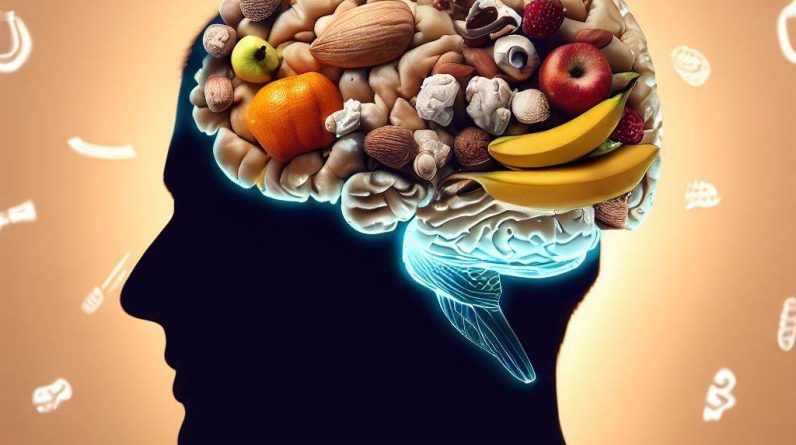
Nourishing the Mind: Diet’s Crucial Role in Preventing Neurodegenerative Diseases
As we age, the fear of neurodegenerative diseases like Alzheimer’s and Parkinson’s looms ever larger. These conditions not only affect our cognitive abilities and motor functions but also diminish the quality of life. Fortunately, emerging research suggests that the food we consume can play a pivotal role in reducing the risk of these debilitating diseases. In this article, we will explore the connection between diet and the prevention of neurodegenerative diseases, offering insights into the foods that nurture and protect the brain.
Understanding Neurodegenerative Diseases
Conditions like Alzheimer’s and Parkinson’s are characterized by the progressive degeneration of nerve cells in the brain. This deterioration leads to a decline in cognitive function, memory loss, and motor impairment.
The Impact of Diet on Brain Health
The brain, like any other organ in our body, requires specific nutrients to function optimally. A diet rich in these essential nutrients can promote brain health and potentially reduce the risk of neurodegenerative diseases. Here are some key dietary factors and their roles:
- Antioxidants: Oxidative stress is a hallmark of neurodegenerative diseases, leading to damage to brain cells. Antioxidants, found in fruits, vegetables, and nuts, help combat this stress by neutralizing harmful free radicals.
- Omega-3 Fatty Acids: These essential fats, primarily found in fatty fish like salmon and walnuts, have anti-inflammatory properties and support brain cell function.
- B Vitamins: vitamins, including folate, B6, and B12, play a crucial role in brain health. Leafy greens, legumes, and lean meats are excellent sources.
- Polyphenols: These plant compounds, present in foods like berries, dark chocolate, and green tea, have neuroprotective properties and may enhance cognitive function.
- Curcumin: Found in turmeric, curcumin is a potent anti-inflammatory and antioxidant compound with potential neuroprotective effects.
Specific Diets for Brain Health
Several diets have gained attention for their potential to support brain health and reduce the risk of neurodegenerative diseases:
- Mediterranean Diet: Rich in fruits, vegetables, whole grains, and healthy fats like olive oil and nuts, this diet has been associated with a reduced risk of Alzheimer’s disease and improved cognitive function.
- DASH Diet (Dietary Approaches to Stop Hypertension): Designed to lower blood pressure, the DASH diet emphasizes fruits, vegetables, lean proteins, and whole grains.
- Intermittent Fasting: Some studies suggest that intermittent fasting may promote brain health by improving brain-derived neurotrophic factor (BDNF) levels, which are essential for cognitive function.
Foods to Include in Your Diet
- Fatty Fish: Salmon, mackerel, and sardines are rich in omega-3 fatty acids.
- Berries: Blueberries, strawberries, and blackberries are packed with antioxidants and polyphenols.
- Leafy Greens: Spinach, kale, and collard greens provide essential vitamins and minerals.
- Nuts and Seeds: Almonds, walnuts, chia seeds, and flaxseeds are excellent sources of brain-boosting nutrients.
- Whole Grains: Oats, brown rice, and quinoa supply fiber and essential B vitamins.
- Turmeric: Incorporate this spice into your cooking or enjoy it in the form of turmeric tea or supplements.
- Dark Chocolate: Opt for dark chocolate with a high cocoa content (70% or higher) for its polyphenols.
While diet plays a crucial role in the prevention of neurodegenerative diseases like Alzheimer’s and Parkinson’s, it is only one piece of the puzzle. A holistic approach to brain health includes regular physical activity, mental stimulation, social engagement, and adequate sleep.
By adopting a brain-healthy diet that includes antioxidant-rich foods, omega-3 fatty acids, and a variety of nutrients, you can provide your brain with the nourishment it needs to thrive. Remember that consistency is key, and it’s never too early or too late to start prioritizing your brain’s well-being.






